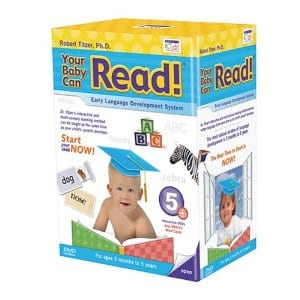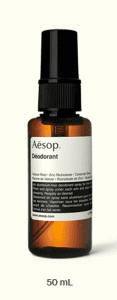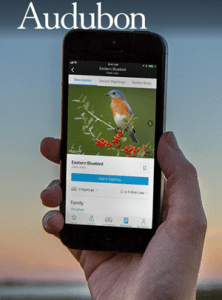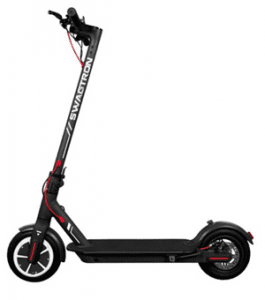 As parents, we all want the best for our children, but is getting them to read with something like Your Baby Can Read part of that? It can be fun watching your baby roll over for the first time, hold their own bottle, take their first steps, and speak their first words, but is pushing them to read just as soon as they can talk part of a successful infant development program? We decided to get down to the root of the question and find out if this is something you should buy or not.
As parents, we all want the best for our children, but is getting them to read with something like Your Baby Can Read part of that? It can be fun watching your baby roll over for the first time, hold their own bottle, take their first steps, and speak their first words, but is pushing them to read just as soon as they can talk part of a successful infant development program? We decided to get down to the root of the question and find out if this is something you should buy or not.
Overview
Babies are always learning, and it seems that from age of zero to 5 they are always exploring and learning about the world around them. The average child learns to read when they are five years old, and this seems to be just about right because that’s the time when they start kindergarten. By the time first-grade hits their runaway to reading that first-grade level. Products like Baby Einstein and Your Baby Can Read rely heavily on convincing parents that your child needs to be a genius or a prodigy by the time they had preschool.
The Claim
The claim is basically in the title on this one they say that your baby can read and that’s just what they mean. They’re trying to teach your very young child how to recognize words and say them. The debate goes on as to whether this is actually “reading” or just memorizing the words that are presented to them.
The Hype
The hype is also in the title because the thought of a baby being able to read sounds pretty incredible, and sounds like something we’d see on the next sequel of Baby Genius. However, as is almost always the case you shouldn’t buy into the hype and should take a levelheaded approach to making this sort of purchase.
The Cost
Your Baby Can Read is $150, build into installments of $67.50 if you decide to keep it, and it’s just $14.95 to get started. If you don’t like it within the first 30 days you can even get your $15 back from the trial period.
The Commitment
Although you may be thinking that the DVDs will do most of the work, your child will benefit most by the interaction you have with them, and not so much from the multimedia experience provided by the system. Reviewing the flashcards with your child, and spending time reading them books will go a long way in creating a love for reading that will carry over into their adult life.
Evaluation
The most common complaints about Your Baby Can Read is that this is not really reading, but merely memorizing. While it may be a nice trick that makes the parents happy, is not indicative of a more intelligent child, and it could be leading to learning difficulties later in life.
The reason that a phonics-based program better equips your child is that they’re able to sound out words that they don’t know, rather than memorize words and rely on that word base as their vocabulary. I sounding out words and seeing where they are in the context of a paragraph your child will be able to make an intelligent guess as to the meaning of the new word. This is where real learning comes in, and can be considered real reading.
So while it may be fun to watch your child speak words from flashcards that other children their age can’t recognize or pronounce, you might be better off teaching them how to sound out letters and groups of letters so they can read anything that comes their way.
Real Learning
Babies learn and a certain order, and putting reading first shouldn’t really be the goal. Just like you need to crawl before you can walk, and walk before you can run, a baby needs to learn how to get the basics down before they start trying to grasp abstract concepts like learning how to read. Everybody says Einstein was a pretty smart guy, but even he did not read as an infant, or toddler.
When your child is still a baby, focus on stimulating them with many colors, many textures, and many different sounds. This can be a good time to introduce a new language in the home, so that they can hear all of the different sounds, and they won’t have an accent in that language. It has been proven that just by having a native speaker of a different language, that babies will automatically pick it up without being formally instructed on how to speak it.
This is something that produces real learning in your young child, and will set them up for better experiences in life then getting them to memorize a few flashcards and calling that reading like with Your Baby Can Read.
Final Your Baby Can Read Review
Babies need to learn, that’s no question. The good news is any situation becomes a learning situation when you are a baby. All you need is a new colors, new sounds, and new tactile sensations. The brain is growing rapidly at this time and so learning never really stops.
By plunking your child down in front of the TV, they are not getting the sort of all-around development they need to truly absorb what is taking place. Sure, they might be able to recognize words they memorized from repeatedly looking at them, but this is just an example of how powerful the human mind is, and how resilient it is being able to memorize even mundane things like words.
Our Recommendation
After listening to many pediatricians and infants physical therapists, we decided not to recommend Your Baby Can Read at this time. It seems that this boils down to nothing but a cute trick that you are teaching your child to do, and does not represent a gain of intelligence, nor does it set them up for future success in the school system, or in life.


